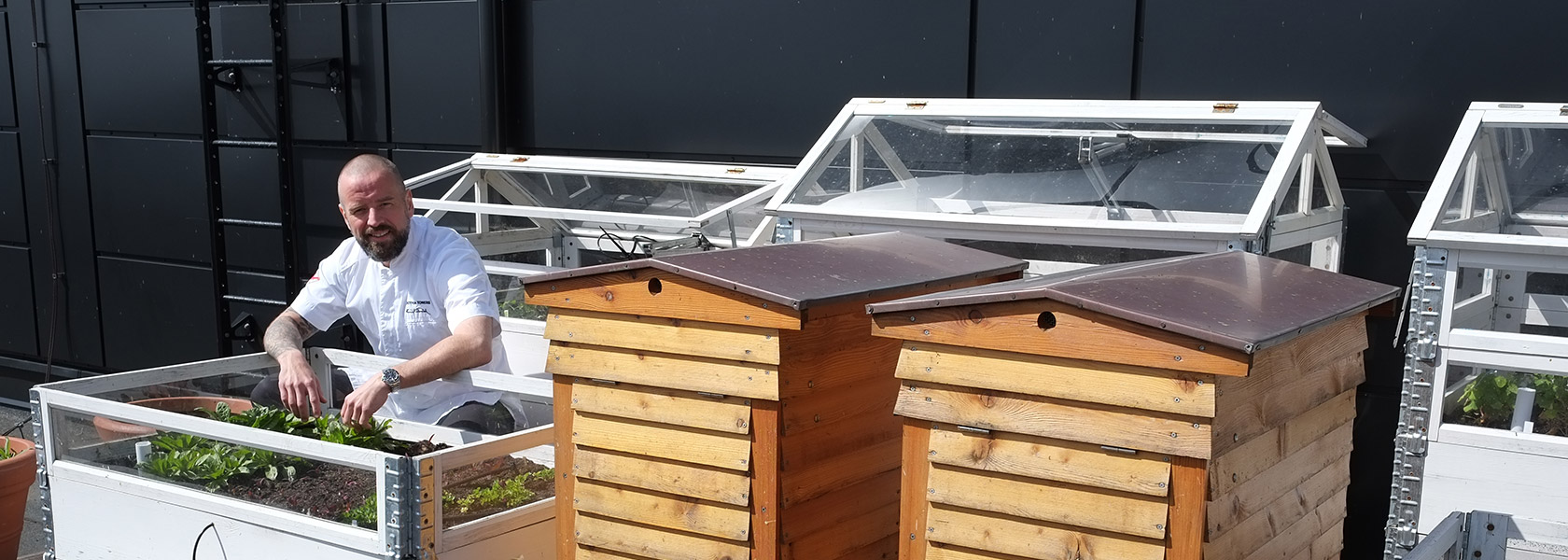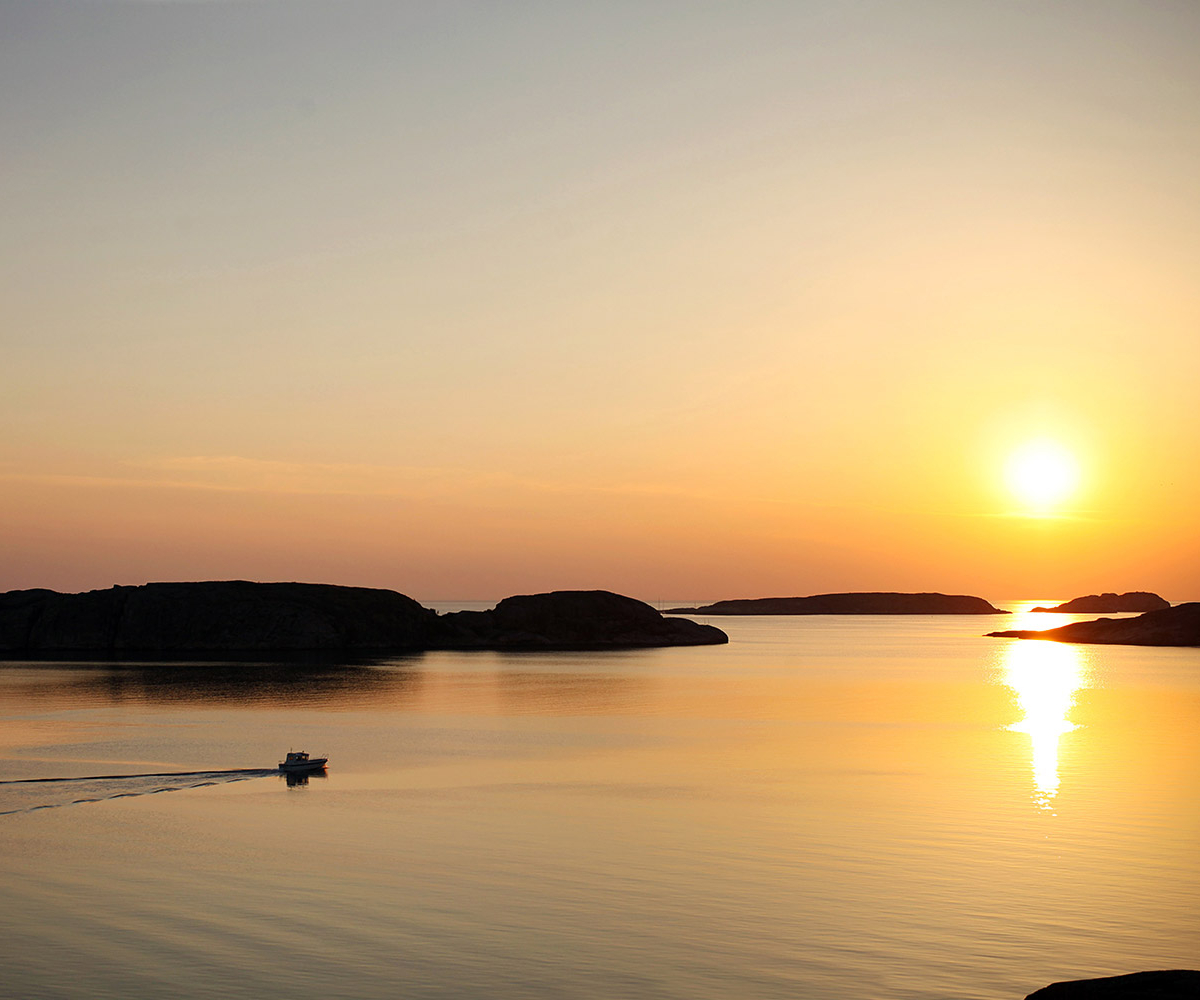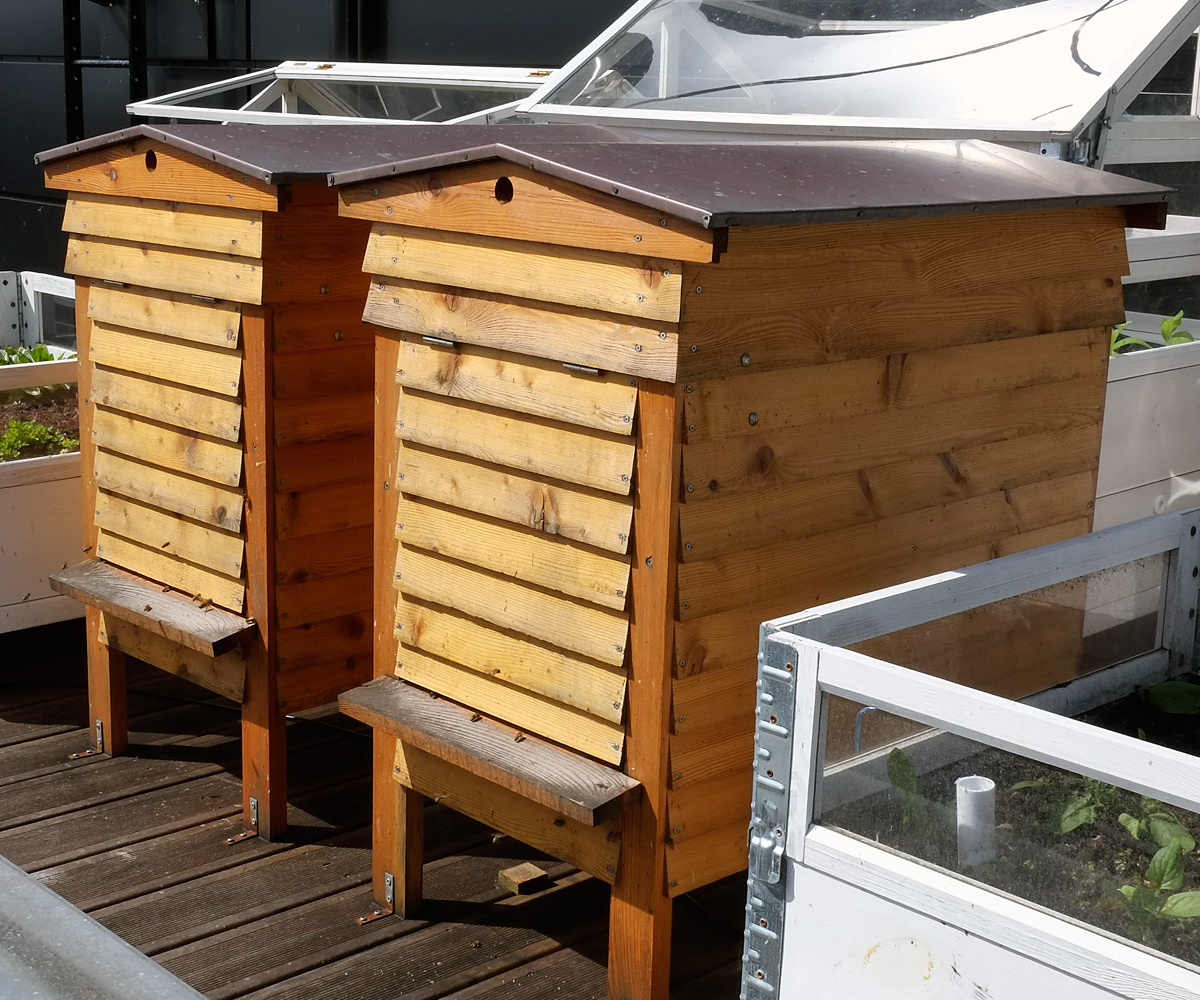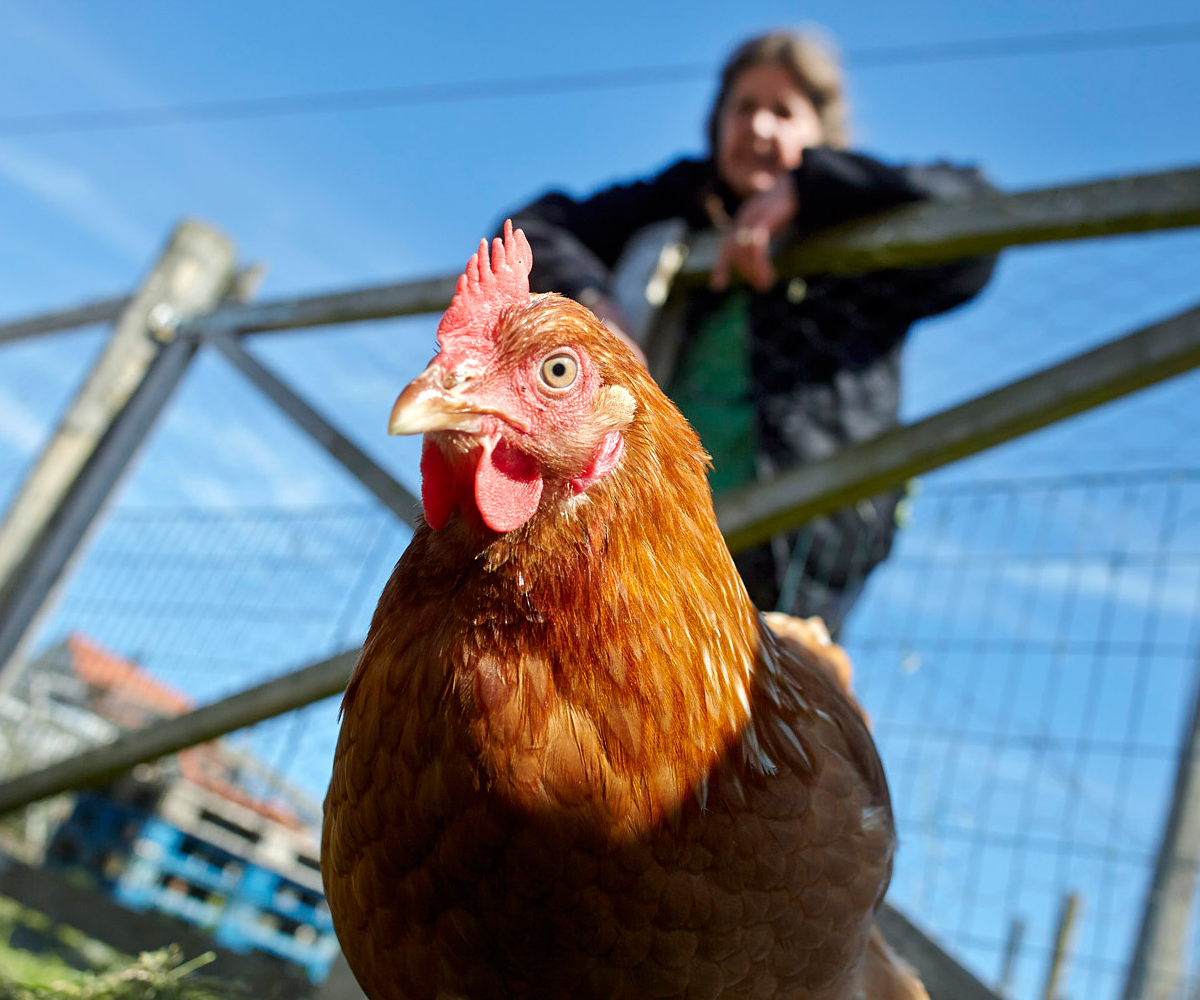Related content
Sustainability, Focus areas, Accessibility,
Our journey towards a greener future
1997: It starts here
The environmental movement is strong in Sweden. And clearly influenced by the spirit of the times. This coincides with the need for control over issues such as waste and transport. That’s why we set up an environmental team, to start our journey towards a greener future.
Over the years, we have continued to make improvements in managing transport and waste, for example by consolidating our deliveries and setting up our own waste station. The environmental gains increase year-on-year.
1998-2004: ISO 14001 certification
To provide a framework for our new environmental work, we secure ISO 14001 certification. Six years later, we conclude that we need a framework that fits our business better.
2008-2015: Gothenburg’s City Environmental Diploma
In order to get additional leverage and further strengthen our sustainability work, we qualify for Gothenburg’s City Environmental Diploma (instead of ISO 14001). This means that Gothenburg City’s environmental management makes an annual onsite audit and ensures that we fulfil the requirements of the diploma.
2008: Gothenburg Rescue Mission
We do not only believe in donating to good causes. We want to play an active role, providing continuous support for the long term. We therefore work locally – so we can see the benefits of our contribution. We have been working in partnership with the Gothenburg Rescue Mission since 2008. Our restaurants donate unsold food to its café in Vasagatan. The Rescue Mission’s farm at the Björlanda rectory grows vegetables that we serve in our restaurant.
In December of each year, Christmas presents pile up in our hotel lobby. Working with the Rescue Mission, we collect gifts that we give to needy children and adolescents.
2009: Environment 2.0
Now that we have been working on environmental issues for 12 years we want to give them even greater priority throughout the business. We appoint a sustainability manager to lead the work and define the areas we want to focus on under the term sustainability.
2010: Accessibility Database
By updating information about our premises in the Accessibility Database, it becomes easier for visitors to find out which areas are adapted for accessibility, and in what way.
2011: Wind power
We have enjoyed the winds of change since 2011. When we start to run the whole business with wind power.
2012: Web-based chemical system
Our chemical system keeps an eye on all chemicals on the premises and helps us to phase out what’s not environmentally friendly.
West Coast opens its doors. Our lobby restaurant has lots of organic and local produce on the menu.
2013: Starting climate compensation
We commence climate-compensating all of our deliveries. We also offer the same opportunity to our exhibitors.
We take over our internal waste management.
2014: The bees move in
We install beehives on our roof, contributing to biodiversity through pollination and providing excellent honey for cooking in Gothia Towers restaurants.
The ovens and stoves we use to cook our food are powered with biogas generated by food waste.
2015: Sustainability becomes a corporate strategy
We reinforce our commitment to sustainability. In 2015 it becomes one of our five main strategies and permeates all parts of our business.
We are now certified according to ISO 20121. This is an ISO certification customised for the events industry, first used at the 2012 London Olympics. The certification gives us an international quality stamp that helps our customers to choose a meeting place that complies with their safety requirements.
BREEAM is the world’s most widely applied environmental classification system for buildings. Gothia Towers is the largest European hotel to date to be environmentally certified according to the Building Research Establishment Environmental Assessment Method.
We start working with El Sistema’s Friends in Gothenburg, a superb organisation with roots in Venezuela, which uses music to create a positive social change for children. The organisation now operates in nine districts of Gothenburg. 1,600 children in Gothenburg are in contact with El Sistema every week through its cultural school’s cooperation with pre-schools, schools and after-school programmes. El Sistema grows with each semester.
We now only sell climate-compensated freight transport.
All of our employees undergo web-based training in sustainability – specially produced for our business.
2019: Agenda 2030 part of the Group’s business plan
Since 2019, the Sustainable Development Goals (SDG’s) in Agenda 2030 are an explicit part of the Group’s strategic business plan.
2021: UN Global Compact and COP26
This is the sixth year in a row we hold our ISO 20121 certification.
We become members and participate in the world’s largest corporate sustainability initiative, the UN Global Compact, where we meet the initiative’s ten principles for sustainable development, which include human rights, labor law, the environment and anti-corruption.
Ahead of the COP26 climate summit in Glasgow in November, we signed the global event industry’s (JMIC) joint initiative “Net Zero Carbon Events Pledge”, where actors in the industry undertake to collaborate on methods, measurability and reporting to achieve the goal in the Paris Agreement by 2050.
2022: A new sustainability strategy
In 2022, we started implementing a new sustainability strategy, and we are also conducting a new audit to aline the ISO 20121 certification with the new sustainability objectives. We are proud partner of Öppet Hus (Open House), an organisation working towards a more open and inclusive job market.
2023: Roadmap to Net Zero
We conduct comprehensive climate calculations according to the Greenhouse Gas Protocol, which allows us to understand where our emissions occur in the value chain and their scale. This provides a solid foundation to overview our impact, steer actions, and measure progress. Based on these climate calculations, we develop a roadmap to achieve net zero carbon emissions by 2050, in line with the global event industry’s Net Zero Carbon Events Pledge. The roadmap includes a catalogue of potential measures to reduce our emissions and achieve our climate goals.
In addition – among many other activities – we develop the checklist, a tool to ensure that our events systematically integrate sustainability in line with our ISO 20121 certification, driving change with a focus on the most material issues.




